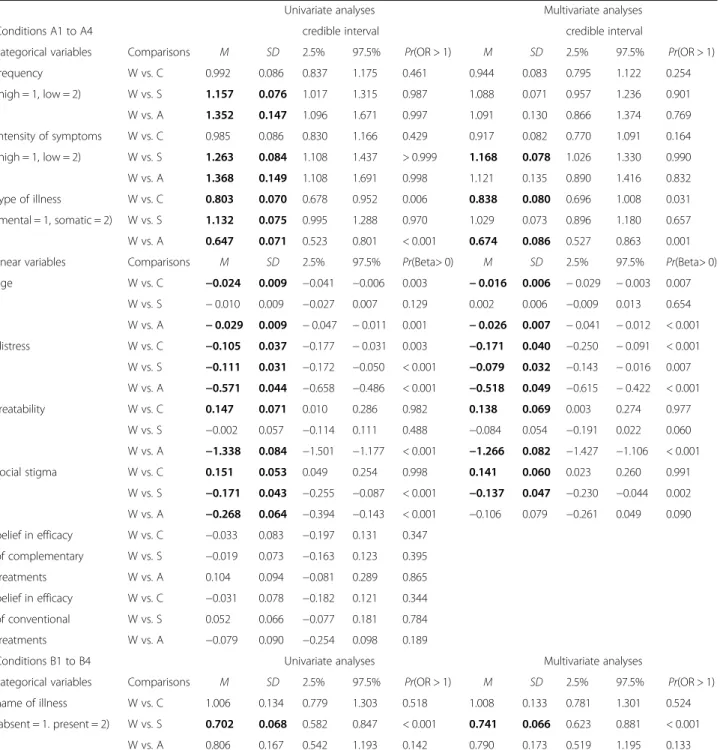Alternative or complementary attitudes toward alternative and complementary medicines
Texte intégral
Figure
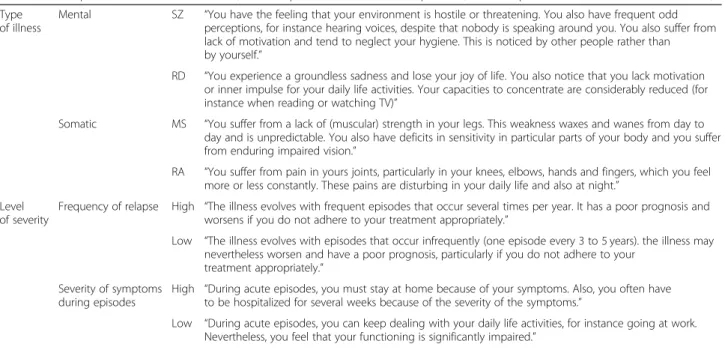
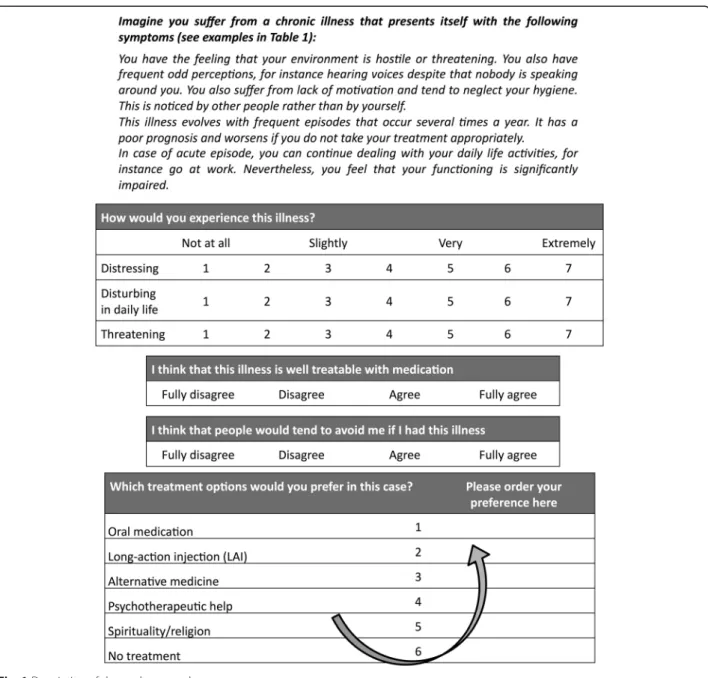
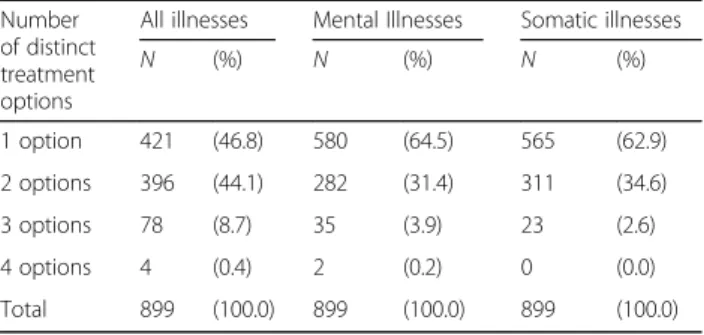
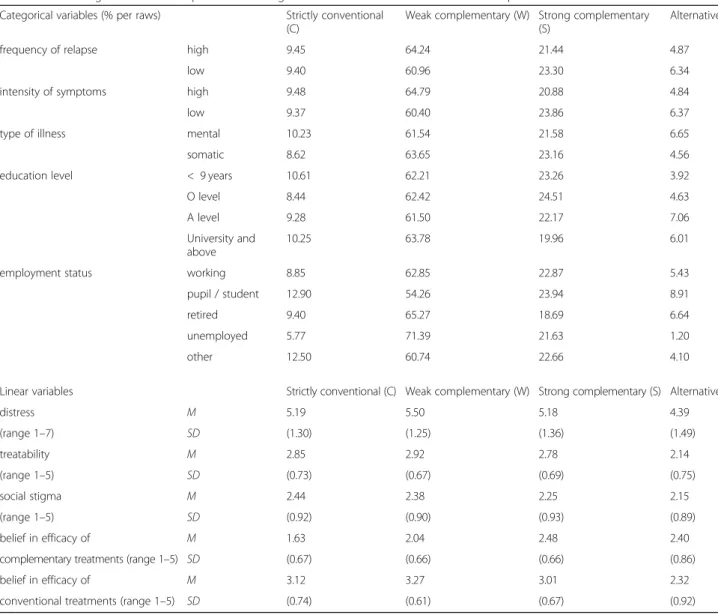
Documents relatifs
Upon completion of this subject, students are expected to be able to: describe at least 250 commonly used plants in Ayurveda (see Annex 3); and apply these herbs according
The World Health Organization (WHO) greatly appreciates the financial and technical support provided by the Regional Government of Lombardy, Italy, for the development and
Nuad Thai component The Nuad Thai component of a typical Type I Nuad Thai programme includes: • history, body of knowledge and application of Nuad Thai; • health benefits, values
One essential component of osteopathic health care is osteopathic manual therapy, typically called osteopathic manipulative treatment (OMT), which refers to an array
Upon completion of this subject, students are expected to be able to describe 350 commonly used Chinese Materia Medica, properly apply them according to TCM theory, particularly as
Professor Umberto Solimene, Director, WHO Collaborating Centre for Traditional Medicine, Centre of Research in Medical Bioclimatology, Biotechnologies and
ABSTRACT A cross-sectional study of knowledge, attitudes and practice of general practitioners (GPs) towards complementary and alternative medicine (CAM) was conducted in Doha,
Although there is a registry of traditional health practitioners, there are no official legislative or regulatory texts governing the practice of traditional medicine, no
